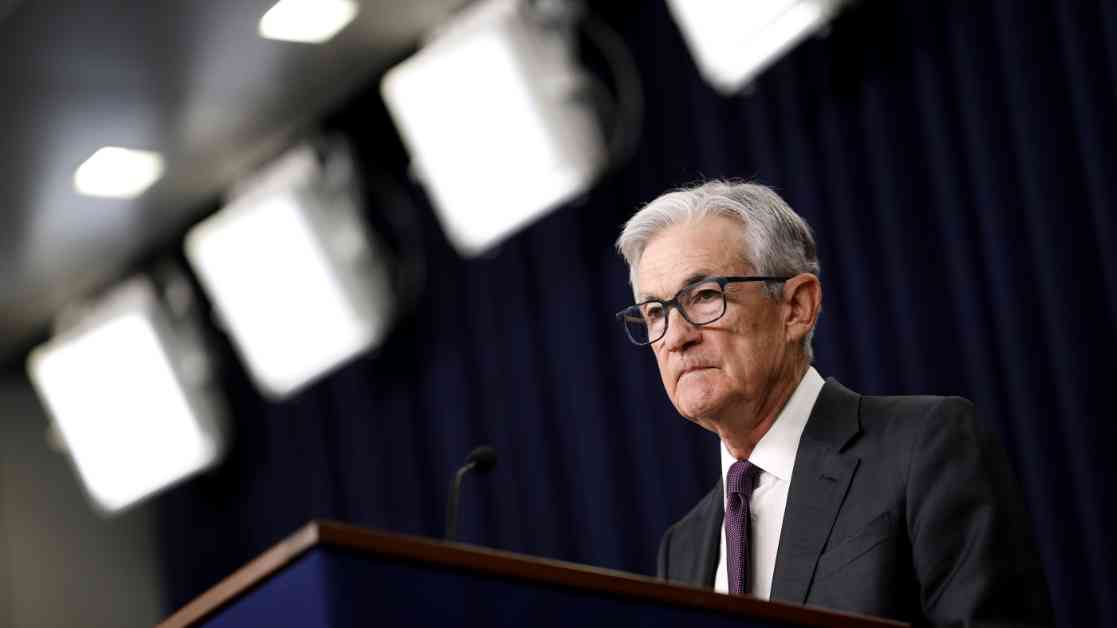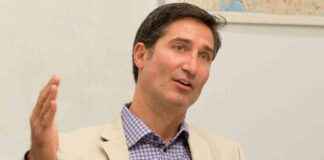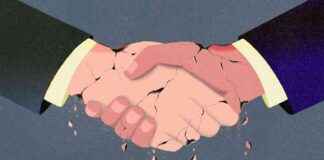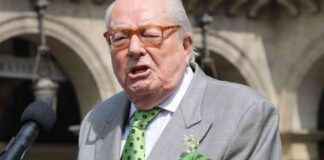Federal Reserve Chair Jerome Powell and his colleagues are expected to keep interest rates unchanged Wednesday, ignoring President Trump’s criticism of the central bank for not lowering rates. The decision to maintain the Fed’s benchmark borrowing rate between 4.25% and 4.5% comes amid concerns that Trump’s tariffs could fuel inflation and hinder economic growth.
Since March, when the central bank last met to set rates, Trump has imposed 10% tariffs on nearly all imports to the U.S. Additionally, he has levied 145% import taxes on goods from China. This move has led to increased taxes on imported products for Americans, reaching levels not seen since the 1930s during the Great Depression.
Fed Chair Jerome Powell, speaking at the Economic Club of Chicago in the past month, acknowledged that the tariff hikes announced by Trump were larger than anticipated. He warned of potential economic repercussions, including higher inflation and slower growth. Despite Trump’s repeated calls for rate cuts, the Fed is likely to hold rates steady in the face of these challenges.
Trade tensions have already impacted consumer confidence, although the job market has not suffered significantly. April saw a slight decrease in hiring compared to the previous month. Inflation, measured by the Fed’s preferred indicator, stood at 2.3% in March. Trump, however, pointed to declining gasoline prices as a reason for the Fed to consider cutting rates.
President Trump has been vocal in criticizing Powell and the Fed for their reluctance to lower interest rates. He even hinted at the possibility of firing Powell, though he later seemed to retract that statement following a stock market decline. Powell’s term as Fed chair ends in May of next year.
The Institute for Supply Management conducted surveys revealing widespread concerns among businesses regarding the impact of Trump’s tariffs. Supply chains are being disrupted, leading to price hikes. A manager at a metal fabricating factory expressed worries about inflationary effects from tariffs, noting that domestic producers are raising prices across the board.
As long as tariffs continue to pose inflationary threats, the Fed is likely to maintain relatively high interest rates to prevent a surge in inflation. However, a shift may occur if the job market weakens, prompting a potential decrease in rates. The Fed faces a dilemma if tariffs cause both inflation and unemployment to rise, forcing a choice between controlling prices with higher rates or combating job losses with rate cuts.
Not really sure why this matters, but the Fed seems to be in a tough spot with Trump’s tariffs looming over economic stability. Maybe it’s just me, but it feels like a balancing act between battling inflation and supporting employment. Only time will tell how the Fed navigates these challenges.



















